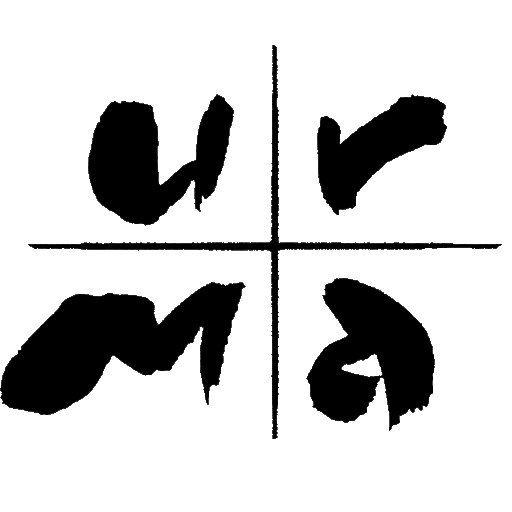I left URMA 2017 feeling like I was wearing a superhero cape of sorts, one emblazoned with a shiny “RC” for “research communicator,” perhaps intertwined with a graphic of a mighty pen (or maybe a keyboard). I came to Providence to learn, but I left with a new sense of mission. I’m relatively new to the world of research communications. As I’m based in Lehigh’s central communications office, I have a good sense of messaging, brand, marketing—all the things you think about when promoting your university. But I hadn’t thought much about my research communication beyond its impact on Lehigh’s reputation.
This URMA conference, my first, had me ready to write and edit with a larger purpose: to convey and defend the importance of research in general. The Wednesday morning panel and talk and [Brown University Vice President for Communications] Cass Cliatt’s inspiring welcome at the opening reception got me thinking about my role in a much bigger sense.
At Lehigh we already work with faculty and graduate students on how they can best communicate their research, but the importance of this was magnified by Geoffrey Supran, Megan Ranney and Timmons Roberts’ discussion about research communication and how to contribute facts to the narrative about science in America today. Now I want to do more. Ken Miller’s point about cultural cognition resonated with me as well: “Winning people over to science isn’t a matter of fact,” he said. “It’s a matter of identity.” Using human stories to explain science seems more important than ever, and that will guide the way I move forward as a writer and editor.
The panel on data use was compelling. I particularly enjoyed hearing about the work of RISD’s Nature Lab, which I had the great fortune of touring as part of Thursday’s program. The tour of the RISD Museum was fascinating, as was the discussion about how they conduct research there (and particularly the conversation about the ethics of studying mummies). Plenty of food for thought. I enjoyed hearing from David Corcoran from Undark and learning about his process for publishing stories. The fact‐checking portion had me thinking about what more we can do with our magazine. I particularly appreciated the question he asks when interviewing book authors: “Is there a story you left out that you’d like to tell?” I plan to use that one myself! Meera Subramanian’s talk on narrative writing inspired me to step up my writing game and “aim to enchant.”
The firehose sessions were chock full of great ideas. Now I’m hoping to implement a research photo contest at Lehigh, and learning about animated video was valuable as we’ve been discussing trying to produce one for a while now. The idea of a digital campaign is really interesting to me as well. It’s nice to know that there are colleagues I can now contact with questions about these initiatives.
I came to URMA 2017 hoping to learn best practices, match faces to listserv names, build relationships, and just soak it all in. As a newbie watching a bit timidly from afar, I’d gathered from reading the URMA listserv messages that I was about to encounter a vast amount of experience and knowledge. This was true. The presentations, casual conversations over meals and walks to and from Brown, the firehose and nuts and bolts sessions, and the URMA survey discussion all provided a wealth of information, things to consider and a better sense of the larger world of research communications. But it was the passion and excitement and the sense of camaraderie that struck me most.
URMAns are a friendly and brilliant bunch, and it was great to know that I’m not alone in some of the challenges I face in my work. I left Providence with a renewed sense of determination and purpose. A week after the conference’s closing, my head is swimming with ideas, inspiration, and a determination to do so much more in my role here at Lehigh. URMA 2017 was the most useful and interesting (and downright fun) conference I’ve ever attended. I hope to make it to Tennessee next year. Many, many thanks to Noel Rubinton, our other hosts at Brown and the URMA Board for their hard work.

